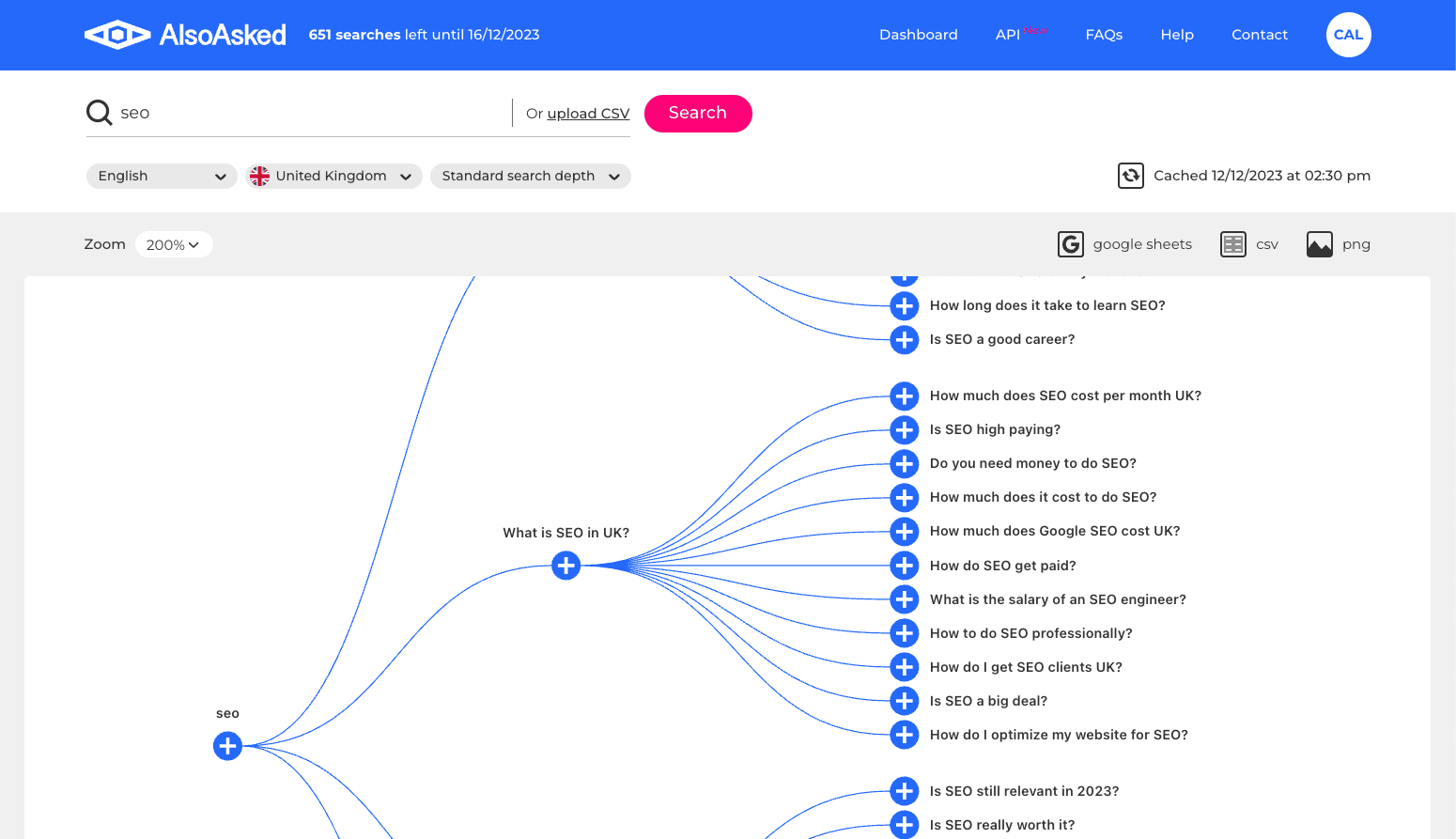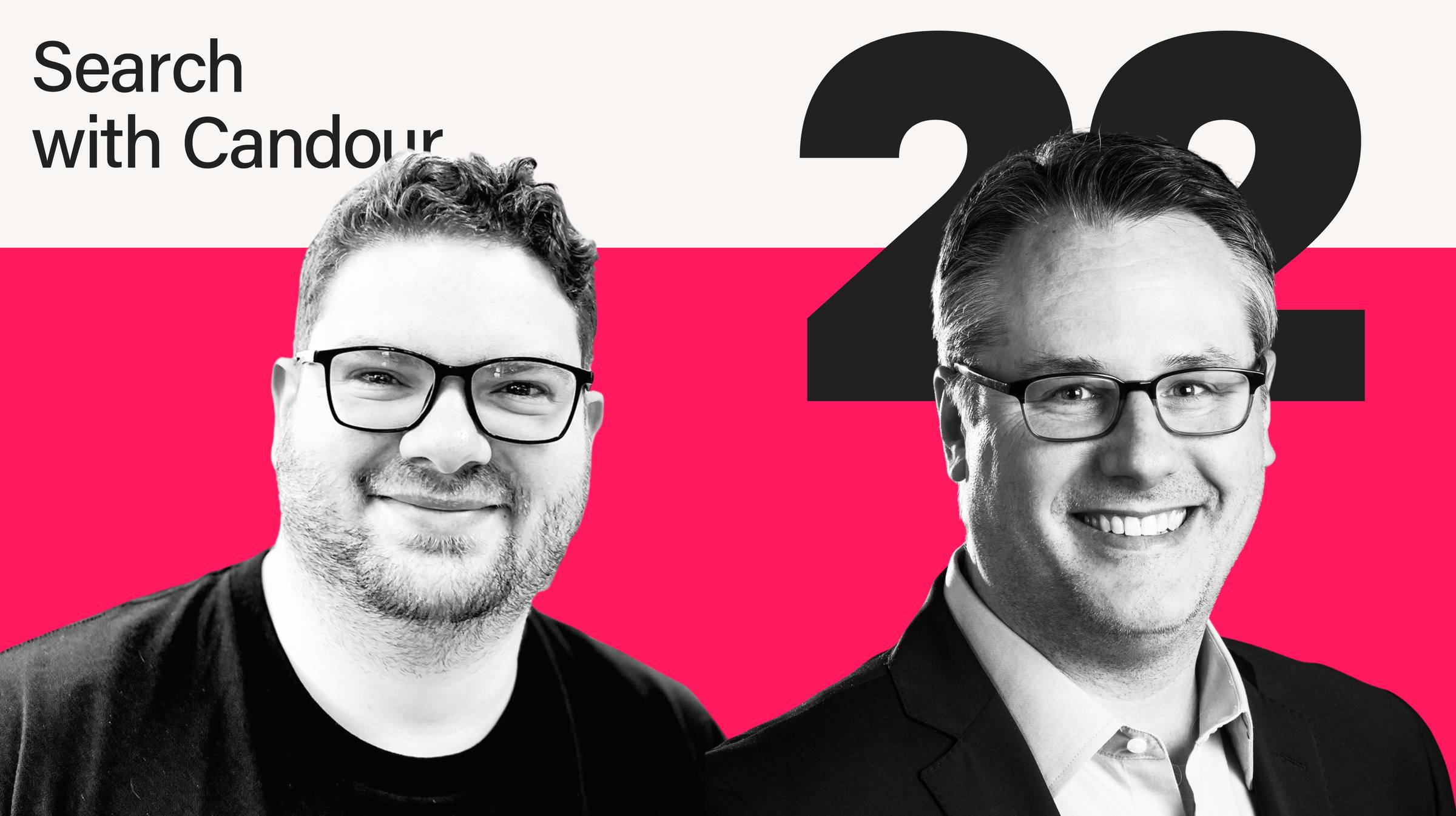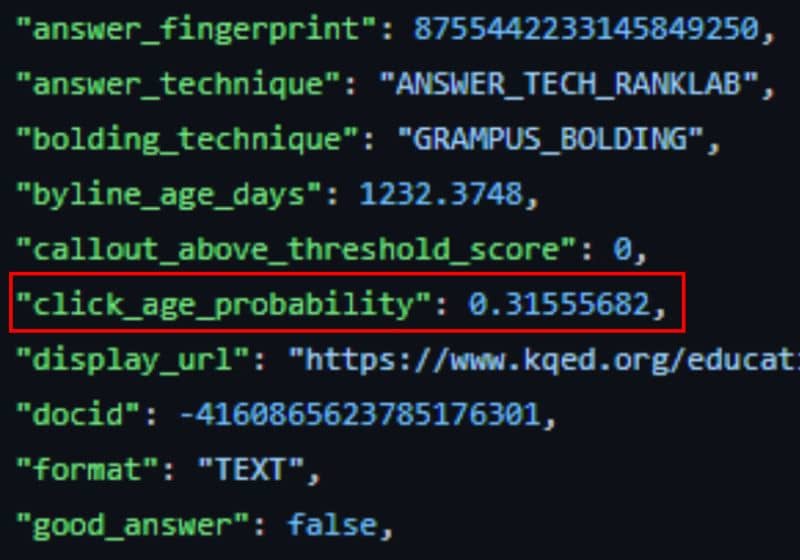|
SEO updates you need to know
🖱️ |
|
1. Whilst we previously heard Google uses click data to build click prediction models, we know they specifically record "badClicks", "goodClicks" and "longClicks", although it is unclear if they directly impact individual sites. |
🌐 |
|
2. Google appears to be accessing Chrome click data. The API docs talk about links that get clicks as being more important, which would seem one likely candidate for its use, over something like direct ranking. |
📑 |
|
3. Google can limit the number of results per content type. Google has previously spoken about diversifying domains on the SERPs, which seems to align with this theory. |
⛱️ |
|
4. The mythological Google Sandbox is still not real or confirmed. The attribute 'hostAge' mentions 'sandbox fresh spam' but in my opinion is likely to prevent spam, rather than restrain newer sites. |
🔗 |
|
5. Links are still important. The sourceType attribute appears to speak of the quality of the link's source. The mention of 'gold-standard' also refers to human-labelled pages which reminds me of the old "TrustRank" paper. |
✨ |
|
6. The 'freshness' of a link is highlighted as important, which would infer such activities such as Digital PR, would be far more valuable than a "niche edit" type approach of inserting links on old posts. |
👥 |
|
7. 'CompressedQualitySignals' are mentioned as part of Navboost, which include interesting attributes such as "ugcDiscussionEffortScore", with Google having a 0-100 score for UGC quality. |
😷 |
|
8. There are manually 'whitelisted' sites Google has used, such as during the COVID-19 outbreak, specific websites were nominated to be particularly visible for these terms. |
📁 |
|
9. Google appears to have specific categories for websites, identifying if they are e-commerce websites, video sites, or more controversially, a specific flag for 'smallPersonalSite'. |
🥸 |
|
10. The API leak highlights that incoming links with anchor text that are irrelevant to the page contents are likely not counted, giving some credence to Google's claims much link spam is simply ignored. |
⛔ |
|
Google's John Mueller has reiterated (we must be well into double-digits now), that you don't really need to do anything about 'toxic' links, and you can 'save yourself the effort' of disavowing. |
📆 |
|
AI Overviews have been rolled back, appearing for far fewer queries. Google say they are making constant improvements to AIO to ensure that the feature doesn't trigger for "nonsensical queries". |
Our sponsor: AlsoAsked

Understanding users beyond 'keywords' with live data and intent clustering by Google
AlsoAsked allows you to quickly mine live "People Also Ask" data, the freshest source of consumer intent data, for understanding what users are searching about beyond 'keywords' and what you should be writing about.
Get 90 searches per month with no account creation, for free.
|
Search with Candour podcast

Owned asset optimisation
Season 3: Episode 22
Jonas Sickler joins Jack Chambers-Ward to discuss a possible new step in digital marketing - owned asset optimisation.
- What is owned asset optimisation?
- What are owned assets?
- What is reception marketing?
- How do these strategies differ from “SEO” and “traditional digital marketing”?
- What's the difference between the PESO vs MACH-6 models?
Watch the episode on YouTube
|
|
|
This week's solicited SEO tips:
It's worth DMCA'ing copycats
Did a competitor copy your content and Google screwed up and is ranking it and not yours?
There is a simple DMCA form you can complete that notifies Google. I've had very good/fast success - it will remove the offender's result and get you back to where you deserve.
|
Things to remember about the Google leak
You're going to see a lot about the Google leak over the next week or so, and I've already seen people jumping to all kinds of conclusions. Remember:
🤔 Just because something is referenced in the API leak does not mean it's "a ranking factor"
🤔 For all you know that metric is to help Google decide how often to crawl.
🤔 Google may be collecting those metrics to build a specific generalised model used in ranking, which means those things input metrics themselves are not ranking factors for websites
🤔 The truth is: Google systems will be complex, and nobody outside knows for sure, it's fun to speculate, but as always, be cautious about claims unless they can be substantiated!
|
Google makes more effort to identify authors
Google appears to be quietly making more effort to identify authors than it lets on. At least, that is something I gleaned from the API documentation leak.
✍ It makes sense, especially considering the value human-specific content will likely have in an AI-dominated web. Establishing who authors are, connecting them with structured data, and communicating that to users is something I am going to be re-focusing on.
😏 I doubt it surprised Lily Ray, who sat down with me on the podcast and talked in-depth about how Google might identify individual authors (even by voice), over 3.5 years ago!
This was back in Episode 85 of the Search with Candour podcast (pre Jack Chambers-Ward era!) if you want to listen.
|

Click data and Navboost
Much of the 'click data' that Google uses does not directly impact the site that was clicked on. The screenshot below is from the Google exploit I found (more on this later), which corroborates what we learned about Navboost during the DOJ trial: They are using the click data to build models to predict how likely a result is to get a click.
There is more nuance to this (see the tip below), so please save your "CTR affects results" arguments until you've read the next tip!
|
CTR is not a ranking factor but can affect search results
This may seem counterintuitive, but I believe the two following statements are true:
1) CTR is not a ranking factor ✅
2) CTR can affect search results ✅
I don't think these are contradictory statements! Please hear me out:
1) We know Google tracks clicks on search results, and we've had information about the "Navboost" system which builds predictions around which page will earn clicks. I even provided some evidence yesterday from the Google exploit I found yesterday that I was able to view some click predictions. All this is baked into what is called "Ascorer" - what we can consider to be Google's core/rolling "algorithm".
So, how could CTR on individual sites impact rankings if it's not a ranking factor?
2) I've seen several tests with convincing evidence that show click-through rate manipulation can positively impact search rankings (Rand Fishkin many moons ago was the first test I saw on this). The thing I note about these tests is, ~as soon as the CTR manipulation stops, rankings return to normal~
So, what's happening?
We know there is a "Twiddler Framework" (which I wrote about in 2019). Which is essentially, a bunch of self-contained code which can be operated in a vacuum that can re-order results ~after they have been ranked~
I think there is very likely a Twiddle (hah) with the job of accounting for sudden changes in search intent. For instance:
Maybe a specific company selling a product was on TV, and everyone is Googling it at the website ranks #3 but everyone is clicking on it because it's the "right result". One of the Twiddles in this framework can re-rank the results after they have been ranked to accommodate for this sharp change in intent.
But that's all it's doing - it is temporarily re-ranking the result. The actual CTR is not a "positive sign" for your site that improves its core ranking. It's not an effect that improves its reputation long term - it's not a ranking factor!
From my understanding of Ascorer, it also makes perfect sense this kind of "fast moving/real-time" situation is handled by the Twiddler framework. The impact of changing things in Ascorer means everything needs to be "recalculated" for the impact to be seen, so they miss the boat! It wouldn't work!
I hope you enjoyed this more technical dive than usual! 🛥️
|
Refer subscribers and earn rewards!
Top Core Updates referrer leaderboard
A big thank you to our top referrers, who have signed up over 10 people to the Core Updates newsletter, go follow them!
🥇 MJ Cachón Yáñez (LinkedIn / X)
🥈 Lidia Infante (LinkedIn / X)
|
Got any feedback?
Does anyone actually read this far? It's a bank holiday Monday, but I still wrote this newsletter. If you have any feedback, I'd always love to hear it - just hit reply and I'll be sure to read it.
~Mark Williams-Cook
|
|
|
|